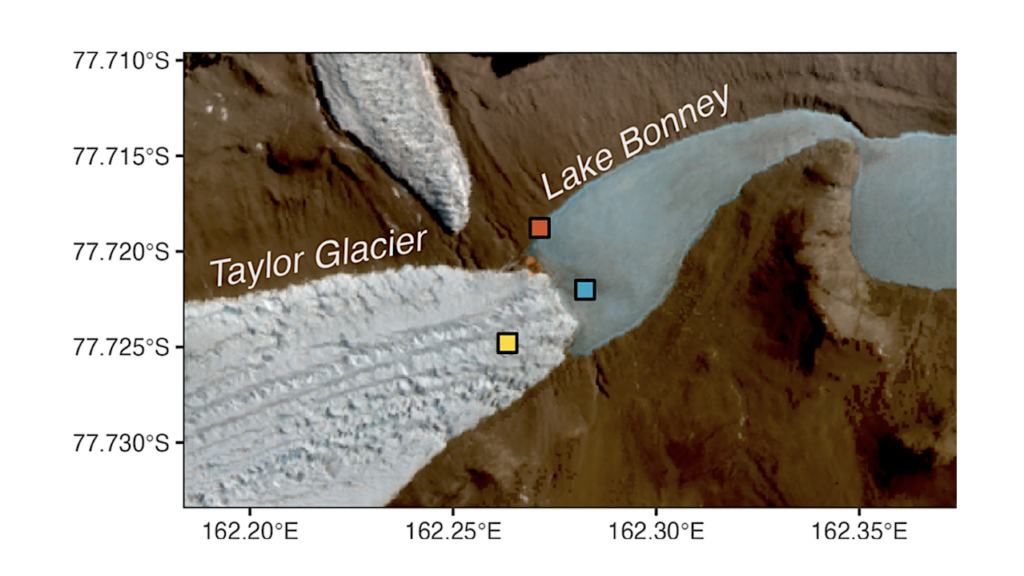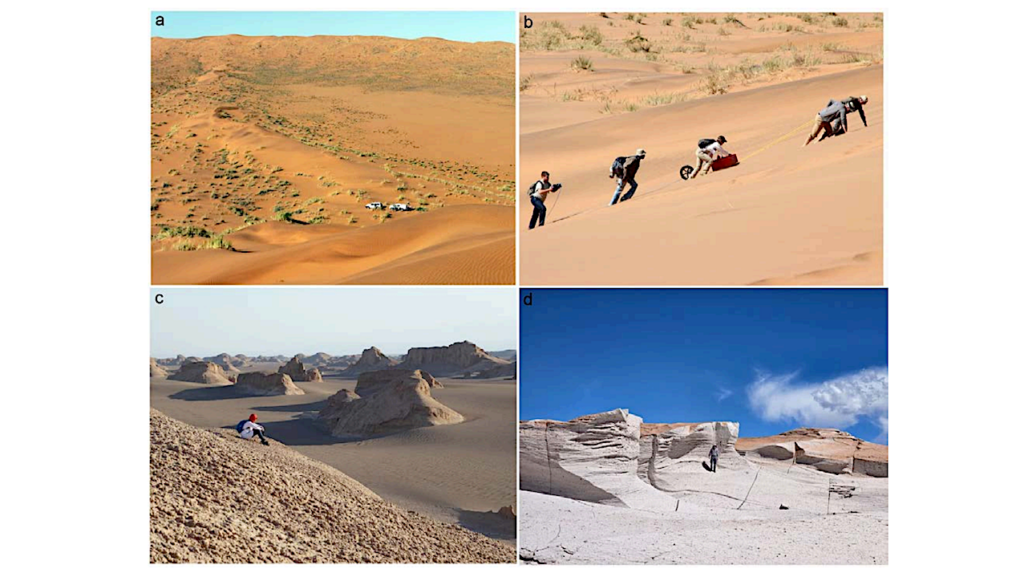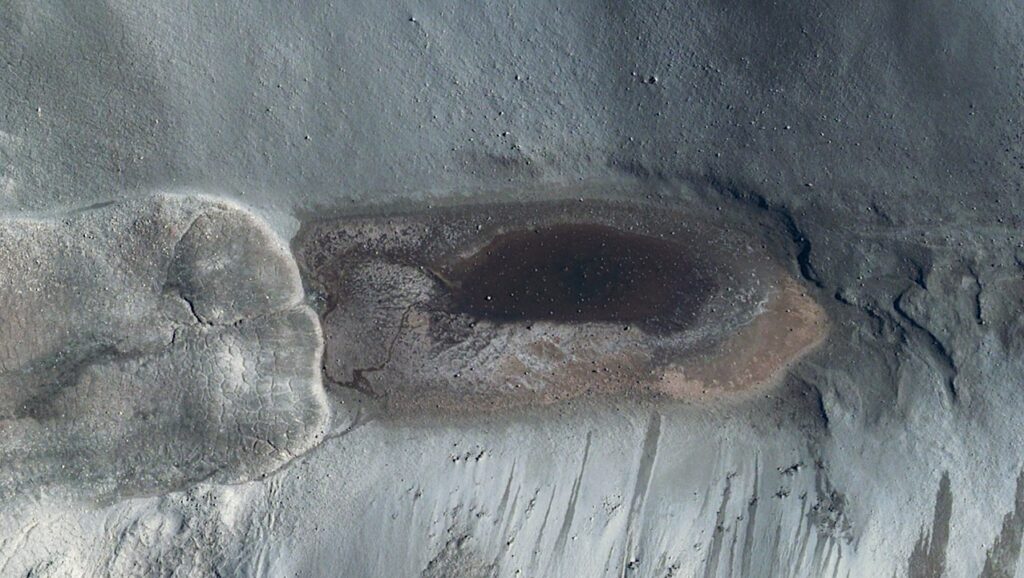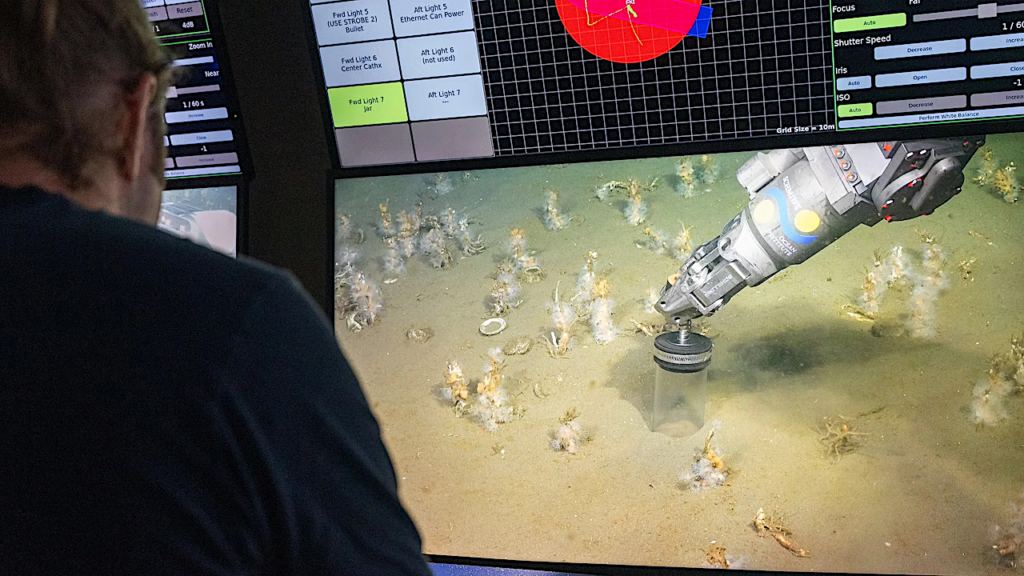Biosignatures: Detection Of A Biopolymer In 500 Million Year Old Trilobite Fossils

A UT San Antonio-led international research team has identified chitin, the primary organic component of modern crab shells and insect exoskeletons, in trilobite fossils more than 500 million years old, marking the first confirmed detection of the molecule in this extinct group.
The findings, led by Elizabeth Bailey, assistant professor of earth and planetary sciences at UT San Antonio, offer new insight into fossil preservation and Earth’s long-term carbon cycle.
Chitin is one of the most abundant organic polymers produced by life on Earth, second only to cellulose. Until recently, scientists believed it degraded relatively quickly after an organism’s death.
This new research adds to a growing body of evidence suggesting that certain biological polymers can persist in the geologic record for far longer than previously assumed.
“This study adds to growing evidence that chitin survives far longer in the geologic record than originally realized,” Bailey said. “Beyond paleontology, this has significant implications for understanding how organic carbon is stored in Earth’s crust over geologic time.”
Bailey brought a geochemical and planetary science perspective to the project, contributing her expertise in stratigraphy, field geology and the interpretation of how biological materials interact with Earth’s carbon cycle over billions of years.
“I was motivated to pursue this work from my perspective as a planetary scientist interested in how organic molecules play a role in planetary geochemical processes,” said Bailey. “My collaborators specialize in modern chitin analytics, and they were excited to apply increasingly sensitive techniques to such an ancient and iconic fossil group.”
Bailey’s findings were recently published in PALAIOS, a monthly journal dedicated to emphasizing the impact of life on Earth’s history as recorded in the paleontological and sedimentological records. The article is entitled, “Evidence for surviving chitin in Cambrian trilobites from the Carrara Formation, Western North America.”
How carbon is stored
Though this study focused on a small number of fossils, the implications reach well beyond trilobites. Understanding how organic carbon can persist in common geological settings will help scientists reconstruct Earth’s carbon cycle and may inform how carbon is stored naturally within the planet’s crust.
The research also has potential relevance for modern climate discussions. For instance, limestones, which are formed from accumulated biological remains and widely used as building materials throughout human history, often contain chitin-bearing organisms.
“When people think about carbon sequestration, they tend to think about trees,” Bailey said. “But after cellulose, chitin is considered Earth’s second most abundant naturally occurring polymer. Evidence that chitin can survive for hundreds of millions of years shows that limestones are part of long-term carbon sequestration and relevant to understanding Earth’s carbon dioxide levels.”
Early Earth lab
The research began prior to Bailey’s appointment at UT San Antonio, during her postdoctoral fellowship at the University of California, Santa Cruz, and was supported by the Heising-Simons Foundation’s 51 Pegasi b Fellowship in Planetary Astronomy.
While no other UT San Antonio faculty or students were directly involved in this specific study, Bailey anticipates that the findings will create new opportunities within the university’s Early Earth Lab for future student-driven research into the long-term survival of organic molecules in geological materials.
In 2020, Bailey earned her Ph.D. in planetary science at Caltech and received the 51 Pegasi b Postdoctoral Fellowship in Planetary Astronomy from the Heising-Simons Foundation, which she took to UC Santa Cruz. In her postdoc she branched out from her very theoretical dissertation work into using laboratory-based techniques to study planetary materials. In 2025, Bailey accepted a tenure-track professorship at UT San Antonio in the Department of Earth and Planetary Sciences.
Bailey’s research focuses on how the Solar System, including Earth, formed and changed over time. Her Early Earth Lab builds computer models and carries out laboratory-based chemical analyses of planetary materials, including meteorites that formed in the Solar System and ancient rocks from Earth.
Abstract
As early arthropods, trilobites are widely thought to have had chitinous exoskeletons, because the aminopolysaccharide chitin (C8H13O5N)n is a ubiquitous structural organic component of arthropod cuticle. However, despite the abundance of trilobites in the lower Paleozoic fossil record, chitin has never been detected in these fossils. Here we report detection of chitin in an Olenellus trilobite from the Pyramid Shale Member of the Carrara Formation (514.5-506.5 Ma) at Emigrant Pass, California, USA. By analyzing trilobite cuticle with calcofluor white (CFW) fluorescent staining, Fourier transform infrared (FTIR) spectroscopy, and electrospray-ionization mass spectroscopy (ESI-MS), we found spectral peaks indicative of d-glucosamine, the monomer of chitin. This result contrasts with many previous analyses that produced a negative detection of chitin in a variety of fossils and is consistent with literature published in recent decades reporting positive chitin detections in fossils using modern analytical techniques. Our result appears to demonstrate that chitin might be able to survive in arthropod cuticle longer than previously confirmed, despite conditions of low-grade metamorphism. Because chitin is widely found as a major structural component of many eukaryotes, including a large portion of limestone-building marine invertebrates, the decay timescale of this molecule is fundamentally important for characterizing global biogeochemical cycling of carbon and nitrogen. The array of techniques now available for detecting this extremely common biopolymer may allow new insights into both the structure and function of many fossilized organisms, as well as improved determination of the taphonomic factors governing decay rates of common organic compounds.
Astrobiology, Paleontology, Biosignatures,








